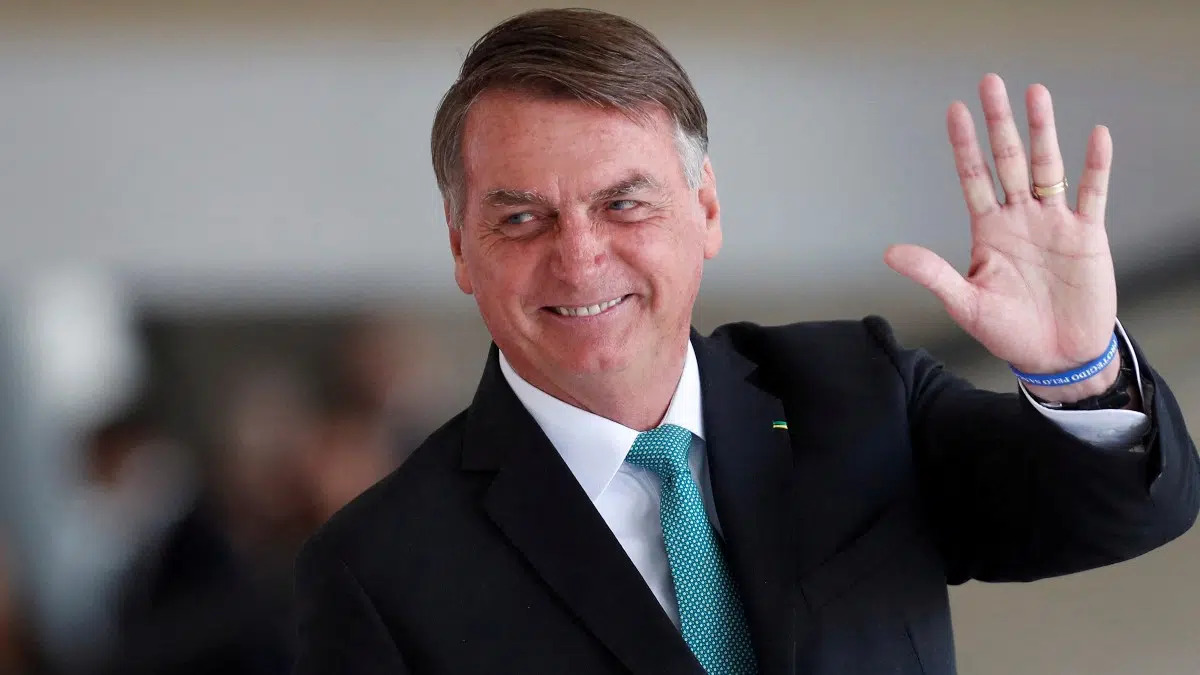
Brazilian President Jair Messias Bolsonaro, of the Liberal Party (PL, right), will seek re-election in the second round of elections to be held tomorrow, Sunday, in which he will face former President Luiz Inácio Lula da Silva , from the Workers’ Party. (PT, left).
In the first round, held on October 2, Bolsonaro received 51 million votes, 43.2 percent of valid votes, compared to 57.2 million votes for the opposition leader, who received 48.3 percent.
During the campaign for the second round, the president insisted on the customs agenda and pointed to the recovery of the economy, which should grow by 2.76 percent this year, according to forecasts of financial market analysts.

At 67, Bolsonaro is the main conservative leader in South America, amid a rise to power of leftist forces in the regional arena.
Born in Glicério, in the interior of the state of São Paulo (southeast), Bolsonaro enlisted in the army and attended the officer training academy. He became a captain but left his military career in 1987.
His parliamentary life began in 1989, as a councilor in Rio de Janeiro. Familiar with the military and police, he was elected a federal deputy the following year and took office in 1991.
In his congressional career he moved through eight different parties, reaching the presidency in 2018 as a member of the Social Liberal Party (PSL), which he also left the following year.
His current candidacy is for the Liberal Party (PL), which he joined in 2021.
The former soldier combined the defense of conservative and religious values with an orthodox liberal economic agenda, teaming up with his finance minister for the past four years, financier Paulo Guedes.
During his administration, the reform of Social Security, the regulatory frameworks of several economic sectors and the autonomy of the Central Bank were approved, along with the privatization of the energy company Eletrobras.
The president has his base of support in the evangelical community, among the military and security forces, a traditionally conservative sector of the middle class and an alliance that unites the so-called “centrão” of Brazilian politics, with a strong parliamentary presence.
In this election, his candidate is General Walter Braga Netto, who served as Chief of Staff during the most intense period of the COVID-19 pandemic in Brazil.
The president announced that if he is re-elected, Economy Minister Paulo Guedes, an orthodox liberal trained in the so-called Chicago School, will continue to head the economic team.
In the last televised debate, held on Friday evening, Bolsonaro said that in these elections “more than choosing a president of the Republic, it is choosing the future of our nation, whether we will live in freedom or not, whether the family Brazilian language will be respected”.



